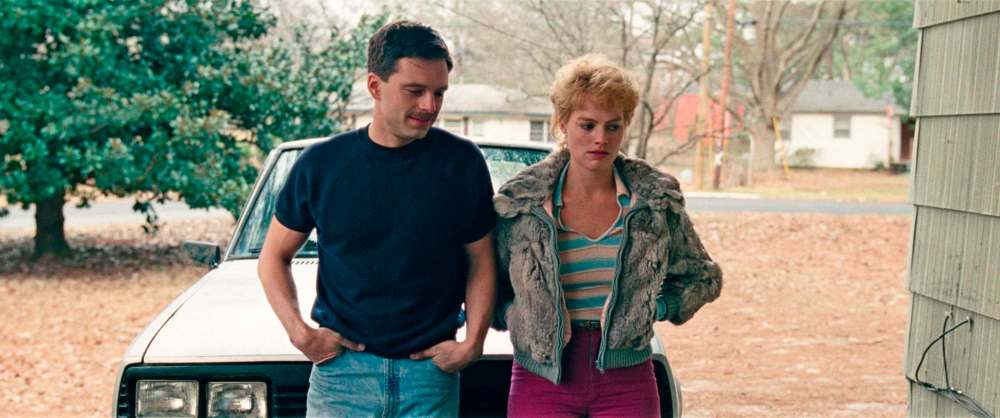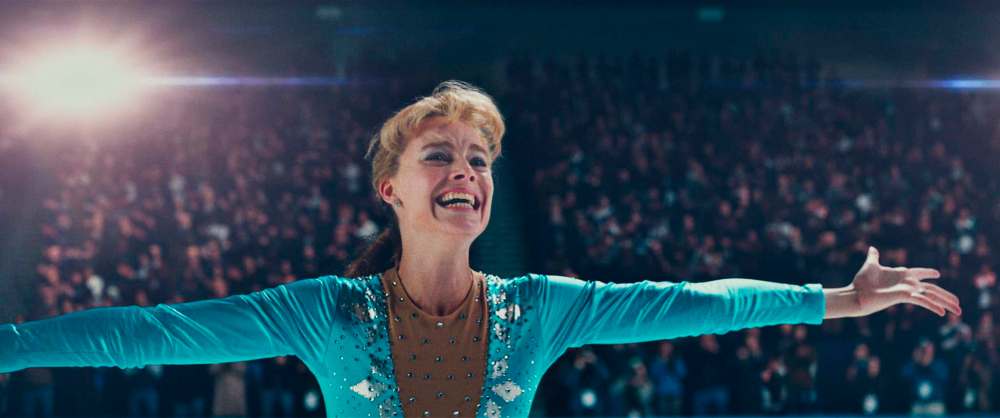Film doesn’t skate around scandal
Producer Margot Robbie, who first thought story was fiction, embraces weirdness, humanity in real-life tale
Advertisement
Read this article for free:
or
Already have an account? Log in here »
To continue reading, please subscribe:
Monthly Digital Subscription
$1 per week for 24 weeks*
- Enjoy unlimited reading on winnipegfreepress.com
- Read the E-Edition, our digital replica newspaper
- Access News Break, our award-winning app
- Play interactive puzzles
*Billed as $4.00 plus GST every four weeks. After 24 weeks, price increases to the regular rate of $19.00 plus GST every four weeks. Offer available to new and qualified returning subscribers only. Cancel any time.
Monthly Digital Subscription
$4.75/week*
- Enjoy unlimited reading on winnipegfreepress.com
- Read the E-Edition, our digital replica newspaper
- Access News Break, our award-winning app
- Play interactive puzzles
*Billed as $19 plus GST every four weeks. Cancel any time.
To continue reading, please subscribe:
Add Winnipeg Free Press access to your Brandon Sun subscription for only
$1 for the first 4 weeks*
*$1 will be added to your next bill. After your 4 weeks access is complete your rate will increase by $0.00 a X percent off the regular rate.
Read unlimited articles for free today:
or
Already have an account? Log in here »
Hey there, time traveller!
This article was published 04/01/2018 (2826 days ago), so information in it may no longer be current.
Toronto — If you were alive and conscious in 1994, you know a little something about Tonya Harding. The American figure skating champ was at the centre of a tawdry scandal in the seemingly graceful realm of figure skating when she was implicated in an attack on her fellow skater Nancy Kerrigan in an apparent bid to boost Harding’s chances in competition.
Actress Margot Robbie could be forgiven for not being aware of Harding. Born in 1990 in Australia, she wasn’t quite four years old when the story broke. So when she read Steven Rogers’ script for the movie I, Tonya in her capacity as novice film producer, she assumed the story was some kind of wild fiction.
“I thought, ‘Wow, this writer has come up with the most absurd characters!’” Robbie recalled during roundtable interviews last September during the Toronto International Film Festival. “And then I found out it was all true.”
Robbie, who was seeking out a film project she could produce, says she was delighted that Harding’s story “ticked all the boxes” of what she was looking for in a movie project.
“When I started our production company, the idea was to find female-driven content that could live in the high-end indie space, but had a very original feel to it,” Robbie says. “And this script (had) an incredible female character in the lead, and definitely a film we thought would exist in the high-end indie space, and it felt very original.”
Robbie says the script didn’t feel like anything she had ever read before.
“It was just a brilliant script and that’s why I chased it so hard,” she says, adding she knew it would be a challenge, not least because she would be obliged to perform some figure skating routines, resulting in a regimen of practice five days a week, for four months.
As an actor, she found herself in a position where it was never necessary to dial down the extremes of the character.

“It’s a trap you can fall into with acting. I want to make it real. You always want to bring it down so it doesn’t seem like you’re being melodramatic.”
“But real life is crazy,” she says, pointing to Allison Janney’s portrayal of Tonya’s cruel and domineering mother. “If we said, ‘OK, Allison Janney, you’re going to be wearing a fur coat with a bird on your shoulder and big glasses,’ everyone would be like, ‘You’re being a little ridiculous.’”
In fact, the film re-enacts scenes taken directly from a 30 for 30 documentary about Harding.
“You can look at a documentary and say, ‘This is what she was wearing’. She had a bird on her shoulder and she had a fur coat and these are the things she was saying,” Robbie says. “It kind of gives you the freedom to really embrace that, and go with whether it was the set dressing, the things they were saying, the things that happened.
“In real life, it was all so big and crazy so it was nice to have that freedom.”

Like Robbie, director Craig Gillespie is also Australian, which gave the pair a detachment from the events that might not have been there for American filmmakers.
“It’s the most American story and it’s very ironic that two Australians amongst a lot of Americans are telling this story,” she says, adding Craig’s approach as a director was how they all approached the film: these people are just that — people. They’re not good. They’re not bad.
Robbie says she and Craig fought against distilling Harding and her mother into one thing —a caricature or a sound bite or a stereotype — and avoided boxing them into a six-word phrase.
So it was important to approach the character that way as well, she says.
“She’s a human. She has a good side and a bad side and it’s not about painting her as a victim or a hero or a villain,” Robbie says. “She was just a person and all this stuff happened to her. And you’ve got to understand before you judge her that there’s probably a lot more to it than we realize.”

randall.king@freepress.mb.ca
Twitter: @FreepKing

In a way, Randall King was born into the entertainment beat.
Our newsroom depends on a growing audience of readers to power our journalism. If you are not a paid reader, please consider becoming a subscriber.
Our newsroom depends on its audience of readers to power our journalism. Thank you for your support.




